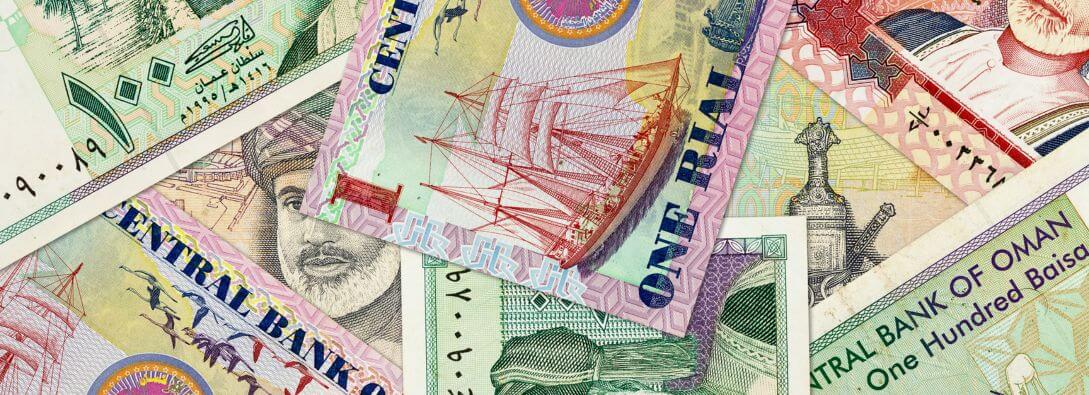
Oman Gears Up for Personal Income Tax: A Change for Residents
Targeting High Earners
The proposed tax targets high-income individuals, aiming to minimize the impact on the average resident. Omani citizens will be taxed on net global income exceeding $1 million, while foreign residents will be subject to the tax on Oman-sourced income above $100,000. The tax rates are expected to range between 5% and 9% for foreign nationals, with a flat rate of 5% for Omanis exceeding the threshold.
Aimed at Long-Term Sustainability
Oman's motivation behind the income tax lies in its Vision 2040 plan. The country seeks to reduce dependence on oil revenue and build a more sustainable economic future. The additional income generated by the tax is expected to be directed towards public services and infrastructure development, potentially benefiting all residents.
Uncertainties Remain
While the basic framework is taking shape, some details regarding the tax code are still being finalized. Residents are waiting for more information on specific deductions, exemptions, and how the tax will be levied on different income types.
Potential Impact
The introduction of income tax could have both positive and negative consequences for Oman's residents. On the positive side, it could lead to increased government revenue for public services and infrastructure projects. Additionally, a well-designed tax system can promote fairer income distribution.
On the other hand, some residents, particularly high earners, may face a higher tax burden. The impact on foreign residents working in Oman also needs to be carefully considered to ensure the country remains an attractive destination for skilled professionals.
Looking Ahead
The introduction of personal income tax marks a significant shift for Oman. As the details of the tax code are finalized, residents will have a clearer picture of its impact on their finances. The success of this policy will depend on its transparency, fairness, and effectiveness in achieving Oman's long-term economic goals.



